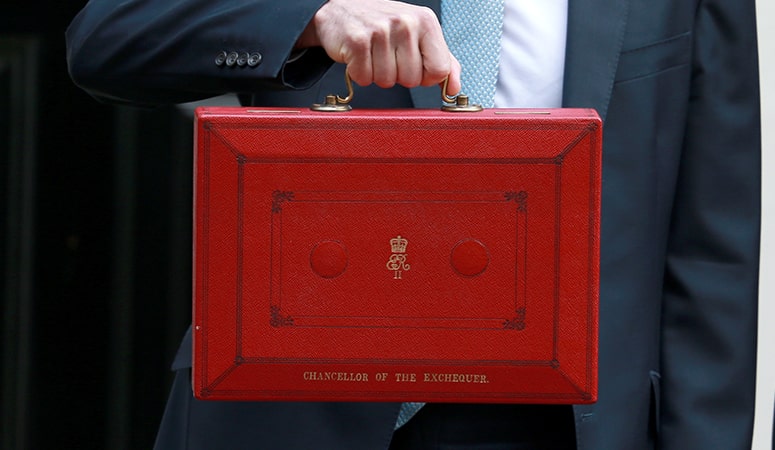Inflation is monitored by the Office for National Statistics (ONS) monthly using the Consumer Price Index (CPI) and the Retail Price Index (RPI).
Recently, inflation has been in the news everywhere, in the main-stream media and on social media sites, journalists and bloggers are discussing it, its short-term outlook and its long-term impact. Figures quoted range from the official 6.2% (CPI February 2022) year-on -year at time of writing to individual examples of goods having gone up by over 30% in the last year. Indeed, celebrated food blogger Jack Monroe quotes in a recent article (The Observer 22 Jan 2022) that the price of some food staples has increased a staggering 141%!
The figure for CPI in the UK in February 2022 was 6.2% (ONS), which is an increase from 5.5% in January, and many economists and commentators, including the Bank of England, expect this figure to breach 7% by the summer of 2022. At this rate it will be impossible to miss and importantly we will see wages being unable to keep up with the increases resulting in an uncomfortable squeeze on living standards.
Why is inflation on an upward trajectory just now?
Since the third quarter of 2021 there have been well-documented supply-chain issues because of Covid-19, while at the same time global energy prices have continued to rise. A perfect storm, some might say. As a result, the cost of goods being transported around the world has increased while the cost of heating our homes and businesses and fueling our cars has also increased. These costs have been passed on to consumers resulting in a higher cost of living.
The rate of increase has at times seemed relentless and now the unfolding tragedy of the war in Ukraine has led to huge uncertainty in the supply of energy. The threat of further sanctions on Russia, which according to the George C Marshall European Centre for Security Studies, supplies 45% of Europe’s natural gas and 27% of its oil is pushing the price of energy to heights not seen in many years. On 24 February 2022, the price of a barrel of brent crude oil breached $100 for the first time since 2014, less than two weeks later it reached $130 per barrel for the first time since 2008. The average price for 2021? $71. It is not just oil either. Natural gas wholesale prices reached 800p per therm on 7 March 2022 which is more than a 20-fold increase when compared to the 40p per therm just one year ago. This has led to an increase in the energy price cap for UK households from April 2022 of £693 per annum to £1,971. However, there are fears that the average dual fuel energy price will increase to £3,000 per year from October when the cap is reassessed based on current prices. And of course, as I write, every day when I pass a petrol station the price of fuels seems higher by the day while the gap between petrol and diesel prices grows.
Combined with the rising cost of rail fares, broadband, insurances and the scheduled National Insurance increase, 2022 will be a year when every household will see a drop in their standard of living as wages struggle to cope with these increases.
What can we do about it?
In truth there is not very much at a personal level, as the levers for controlling inflation sit with the Bank of England and many of the factors we are facing are global in nature. All of us can however make sure that we have a robust financial plan in place, that our emergency cash is easily accessible and is sufficient for our needs, and that our monthly budget has flexibility to cope with these price rises.
Given the current stock market reaction to the war in Ukraine and the worry over increases in central bank interest rates, investors are taking stock and there is always the temptation to de-risk and hold all our capital in the banks, in cash where it is safe.
In the past, pre the financial crisis in 2008, having your savings in cash was not necessarily a problem as the interest rates paid on cash deposits were sufficient to outpace the rate of inflation and allowed savers’ capital to at least maintain its value in real terms. Currently, with inflation as it stands, this is not the case. At the time of writing, a quick scan of popular internet comparison sites shows one of the best available savings account rates is 0.71% with the best cash ISA rate a lowly 1.6%. Compared to the recent inflation figures this would mean our capital losing its purchasing power by between 3.9% and 4.79% in one year.
All of this creates a particularly good reason for families to take professional financial advice instead of making knee-jerk reactions. Financial planning for tomorrow is important today, whatever stage of life each of us are at.






